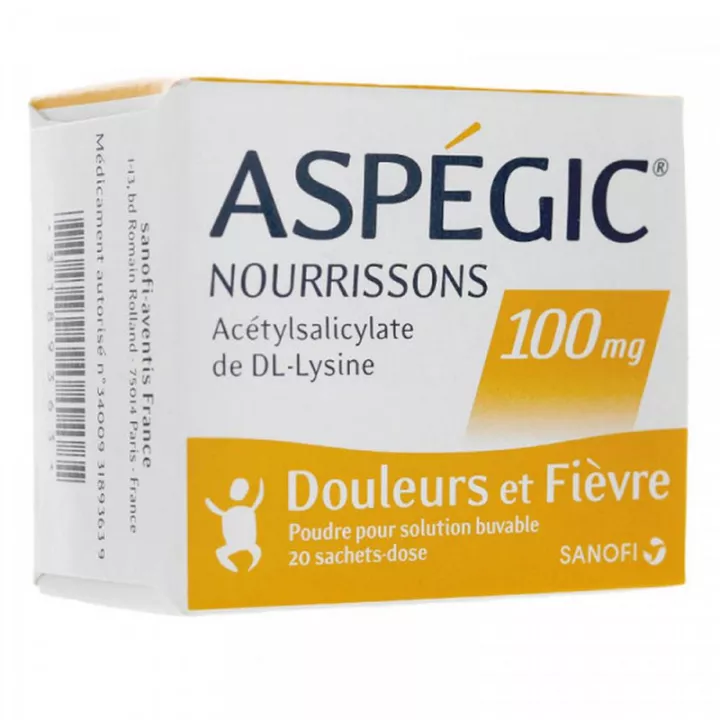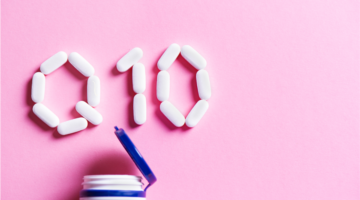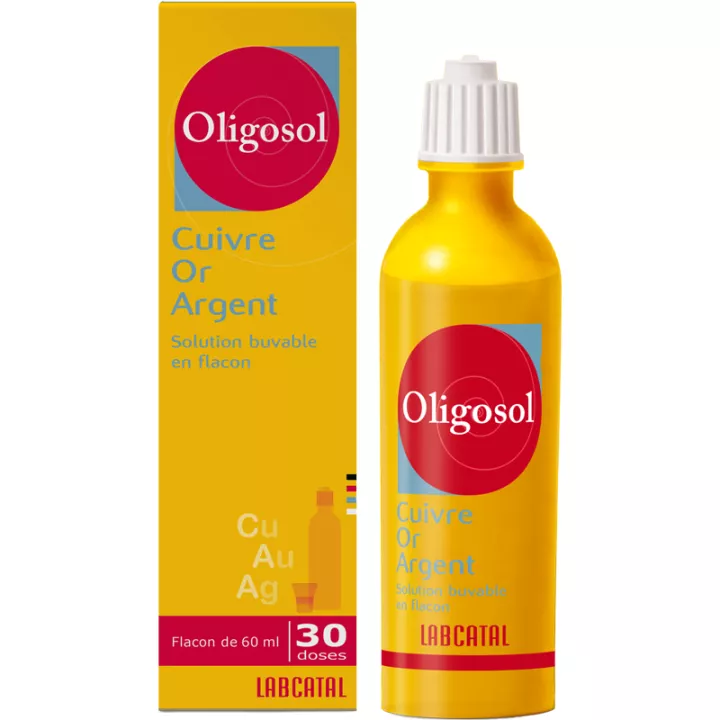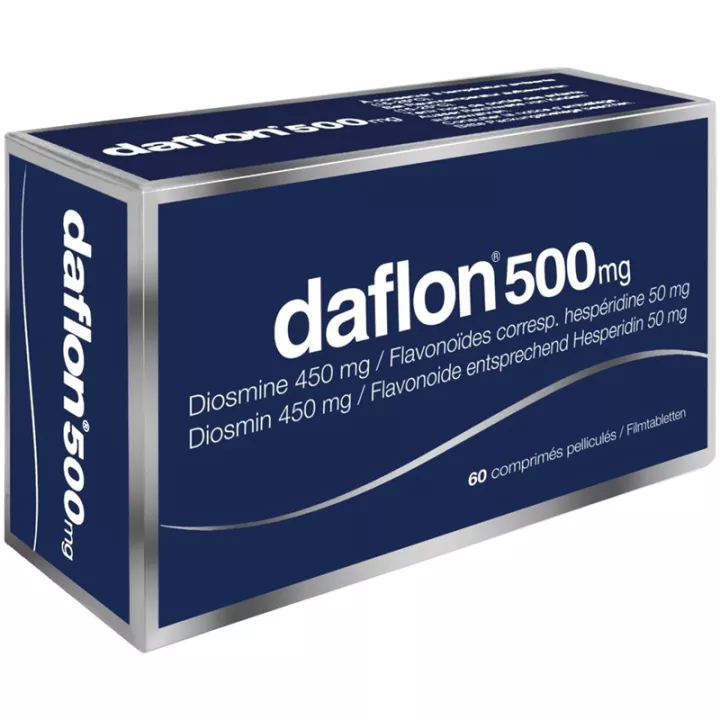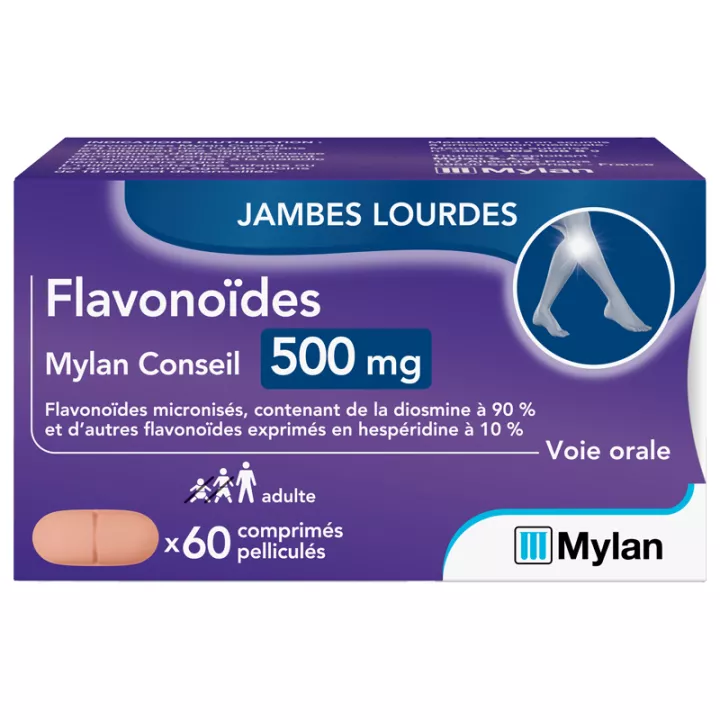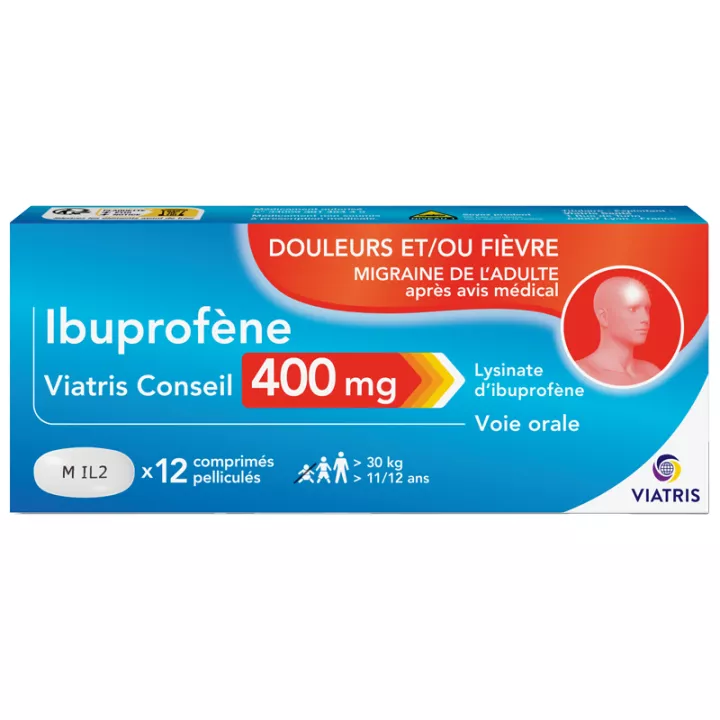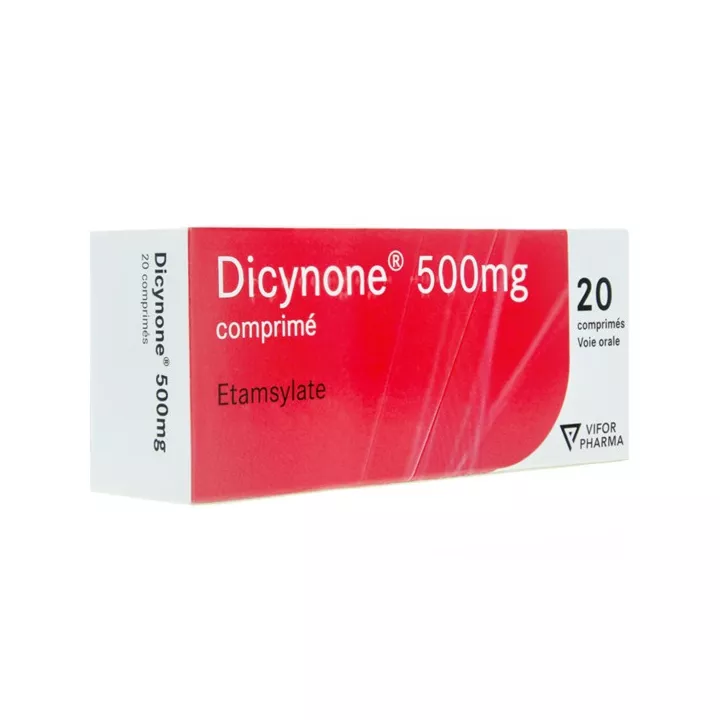NOTICE
ANSM - Updated: 05/25/2020
Name of the drug
KARDEGIC 75 mg powder for oral solution in sachet-dose
DL-lysine acetylsalicylate
Framed
Read all of this leaflet carefully before taking this medicine because it contains important information for you.
· Keep this leaflet. You might need to read it again.
· If you have any further questions, ask your doctor or pharmacist.
· This medicine has been prescribed for you. Do not give this to anyone else. It may harm them, even if their signs of illness are the same as yours.
· If you get any side effects talk to your doctor or pharmacist. This also applies to any side effects that are not mentioned in this leaflet. See section 4.
What does this booklet contain ?
1. What is KARDEGIC 75 mg powder for oral solution in a sachet-dose and in which cases is it used?
2. What should I know before taking KARDEGIC 75 mg powder for oral solution in sachet-dose?
3. How to take KARDEGIC 75 mg powder for oral solution in sachet-dose?
4. What are the possible side effects?
5. How to store KARDEGIC 75 mg powder for oral solution in a sachet-dose?
6. Contents of the pack and other information.
1. WHAT IS KARDEGIC 75 mg, powder for oral solution in a sachet-dose AND WHAT IT IS USED FOR?
Pharmacotherapeutic group:
ANTI-THROMBOTIC / PLATELET AGGREGATION INHIBITOR, EXCLUDED HEPARIN.
This medicine contains aspirin. KARDEGIC 75 mg powder for oral solution in sachet-dose belongs to the family of platelet aggregation inhibitors.
KARDEGIC 75 mg, powder for oral solution in sachet-dose acts on the platelets present in the blood and makes it possible to thin the blood.
Therapeutic indications :
KARDEGIC 75 mg powder for oral solution in a sachet-dose is used to prevent recurrence of stroke or heart disease caused by clots in the arteries of the brain or heart.
Your doctor may decide to combine this medicine with other treatments if he deems it necessary.
This medicine is only for adults. You should not start treatment with KARDEGIC 75 mg powder for oral solution in a sachet-dose without your doctor's consent.
2. BEFORE YOU TAKE KARDEGIC 75 mg, powder for oral solution in sachet-dose?
Do not take KARDEGIC 75 mg powder for oral solution in a sachet-dose:
· if you are allergic to the active substance (DL-lysine acetylsalicylate) or to any of the other ingredients of KARDEGIC 75 mg powder for oral solution in sachet-dose, mentioned in section 6,
· if you are allergic (hypersensitive) to a drug from the same family as aspirin (nonsteroidal anti-inflammatory drugs = NSAIDs),
· if you are pregnant, from the start of the 6th month of pregnancy (beyond 24 weeks of amenorrhea) for doses greater than 100 mg per day,
· if you have or have ever had asthma or nasal polyps associated with asthma caused by taking aspirin or a drug of the same family (NSAIDs),
· if you currently have an ulcer in the stomach or duodenum,
· if you have ever had a bleeding or perforation in your stomach after taking aspirin or another medicine from the same family (nonsteroidal anti-inflammatory drugs),
· if you suffer from bleeding or if your doctor has identified you at risk of bleeding,
· if you have severe liver, kidney or heart disease,
· if you have mastocytosis (a disease of the cells involved in allergic reactions) as there is a risk of severe allergic reactions.
Warnings and Precautions
Talk to your doctor or pharmacist before taking KARDEGIC 75 mg powder for oral solution in sachet-dose .
Before taking this medicine, tell your doctor:
· if you have an inherited disease of the red blood cells called G6PD deficiency, as high doses of aspirin can then destroy the red blood cells.
· if you have ever had a stomach or duodenal ulcer or inflammation of the stomach (gastritis),
· if you have ever had digestive bleeding (vomiting blood or having blood in the stool),
· if you have kidney or liver disease
· if you have high blood pressure (high blood pressure),
· if you have a heavy period.
Reye's syndromes, very rare but life-threatening conditions, have been observed in children with signs of viral infection (in particular chickenpox and flu-like episodes) and receiving acetylsalicylic acid. KARDEGIC 75 mg powder for oral solution in a sachet-dose should not be administered to children and adolescents.
During the treatment, bleeding or pain in the stomach may occur. The risk of these effects increasing with the dose, in the elderly, in people with low body weight, in people who have had a previous stomach ulcer and in combination with certain medicines (see section “Other medicines and KARDEGIC 75 mg, powder for oral solution in sachet-dose”). Consult your doctor immediately in the event of such effects.
If surgery is planned:
Aspirin increases the risk of bleeding even at very low doses, even when the drug was last taken several days.
Tell your doctor, surgeon, anesthesiologist or dentist to take this medication, in the event that an operation, even a minor one, is planned.
Children and adolescents
See “Before taking this medicine, tell your doctor” paragraph above.
KARDEGIC should not be given to children and adolescents.
Other medicines and KARDEGIC 75 mg powder for oral solution in sachet-dose
|
This medicine contains aspirin. Other medicines contain it. You should not take at the same time as KARDEGIC 75 mg, powder for oral solution in a sachet-dose of other medicines containing aspirin or a medicine of the same family (NSAIDs such as ibuprofen for example) without talking about it. to your doctor or pharmacist. The combination of these medicines with KARDEGIC 75 mg, powder for oral solution in sachet-dose could cause an overdose and thus increase the risk of side effects, in particular bleeding.
Read the package leaflets for other medicines you are taking carefully to make sure that these medicines do not contain aspirin and / or nonsteroidal anti-inflammatory drugs.
|
Unless your doctor tells you otherwise, you should not take KARDEGIC 75 mg powder for oral solution in a sachet-dose at the same time as:
· an oral anticoagulant (medicine used to thin the blood) if you have a history of stomach or duodenal ulcer,
· another medicine that contains ticlopidine or clopidogrel (medicines used to thin the blood), except in certain situations where your doctor may prescribe aspirin and clopidogrel together.
· another medicine containing benzbromarone or probenecid (medicines used to treat gout)
· another medicine made from anagrelide (medicine used to lower the number of platelets in the blood)
· ticagrelor outside the validated indications
· another medicine based on defibrotide (medicine used to treat a disease in which the blood vessels in the liver are damaged and blocked with blood clots),
· nicorandil (medicine used to treat angina).
Tell your doctor if you are taking any medicine containing:
· methotrexate used at doses greater than 20 mg / week (medicine used to treat certain cancers),
· gastrointestinal topicals, antacids and adsorbents (medicines used to treat digestive pain or digestive ulcers),
· oral anticoagulant, thrombolytics or heparins (medicines used to thin the blood),
· nonsteroidal anti-inflammatory drugs (medicine used to treat pain and fever),
· ticagrelor (in validated indications),
· cobimetinib,
· ibrutinib,
· a selective serotonin reuptake inhibitor (medicines used to treat depression or anxiety disorders).
· mixed adrenergic-serotonergic drugs,
Tell your doctor or pharmacist if you are taking, have recently taken or might take any other medicines.
KARDEGIC 75 mg powder for oral solution in sachet-dose with food, drink and alcohol
Alcohol consumption should be avoided during treatment because of an increased risk of damage to the gastrointestinal tract.
Pregnancy, breastfeeding and fertility
If you are pregnant or breast-feeding, think you may be pregnant or are planning to have a baby, ask your doctor or pharmacist for advice before taking any medicine.
Pregnancy
This medicine contains aspirin (acetylsalicylic acid). Do NOT take ANY OTHER medicine containing aspirin (including non-prescription medicines).
· up to 100 mg per day : Throughout pregnancy, if necessary, your specialist doctor may prescribe low doses of aspirin (less than or equal to 100 mg per day), in exceptional circumstances requiring monitoring specialized. If this is the case, it is very important to follow your doctor's prescription scrupulously, without exceeding the prescribed doses.
· between 100 and 500 mg per day : As a precaution, the recommendations below apply, unless otherwise prescribed by your specialist doctor.
· from 500 mg per day :
o Before the 6th month of pregnancy (up to 24 weeks of gestation), you should not take this medicine except in cases of absolute necessity determined by your doctor, because of the potential risk of miscarriage or deformities. In this case, the dose should be as low as possible and the duration of treatment as short as possible.
o From the beginning of the 6th month to the end of pregnancy (beyond 24 weeks of gestation), this medicine is against-indicated, you should IN NO EVENT take this drug because its effect on your child can have serious or even fatal consequences, especially on the heart, lungs and / or kidneys, even with just one dose.
If you took this medicine while you were pregnant, talk to your obstetrician gynecologist immediately, so that you can be offered appropriate monitoring if necessary.
Feeding with milk
Aspirin passing into breast milk, this medication is not recommended during breast-feeding.
Ask your doctor or pharmacist for advice before taking any medicine.
Fertility
Aspirin, like all nonsteroidal anti-inflammatory drugs (NSAIDs), can impair fertility in women and cause difficulty in becoming pregnant, reversibly upon discontinuation of treatment. Tell your doctor if you are planning to become pregnant or if you have difficulty conceiving.
KARDEGIC 75 mg powder for oral solution in sachet-dose contains lactose
This medicine contains a sugar (lactose) which is broken down into galactose and glucose. Its use is not recommended in patients with galactose intolerance, Lapp lactase deficiency or glucose-galactose malabsorption syndrome (rare hereditary diseases).
If your doctor has already told you that you have an intolerance to certain sugars, contact your doctor before taking this medicine.
3. HOW TO TAKE KARDEGIC 75 mg powder for oral solution in sachet-dose?
Always take this medicine exactly as your doctor or pharmacist has told you. Check with your doctor or pharmacist if in doubt.
Dosage
This medicine is only for adults.
The usual dose is 1 sachet per day.
Your doctor will tell you how many sachets to take each day.
Always take the dose prescribed by your doctor.
This low dosage of aspirin is not suitable for cardiac emergency situations.
If you are uncertain, consult your doctor or pharmacist.
Administration mode
This medication is to be taken orally.
Pour the contents of the sachet into a tall glass. Add water. Wait until the powder has dissolved before drinking it.
Frequency of administration
Your doctor will tell you what time of day to take this medicine.
Duration of treatment
Your doctor will tell you how long to take this medicine.
If you take more KARDEGIC 75 mg, powder for oral solution in sachet-dose than you should (or in the event of accidental ingestion):
Tell your doctor promptly, especially if it is a child.
Overdose can be fatal, especially in children. The main symptoms of poisoning are: ringing in the ears, a sensation of hearing loss, headaches, dizziness, even in more severe cases fever, severe hypoglycemia (low sugar levels in the blood), a rapid drop in blood pressure, rapid breathing and loss of consciousness (coma).
|
If these signs occur, you should stop treatment immediately and go to a hospital urgently for treatment.
|
Lung edema unrelated to heart failure may occur with acute and chronic overdose with aspirin (see 4. What are the side effects?). This edema can be fatal in case of overdose.
If you forget to take KARDEGIC 75 mg powder for oral solution in sachet-dose:
Do not take a double dose to make up for the dose you forgot to take.
Continue your treatment as normal and tell your doctor.
If you have any further questions on the use of this medicine, ask your doctor or pharmacist for more information.
4. WHAT ARE THE POSSIBLE SIDE EFFECTS?
Like all medicines, this medicine can cause side effects, although not everybody gets them.
The following side effects may occur:
· abdominal pain, difficulty digesting, heartburn,
· inflammation of the esophagus, stomach, duodenum, colon,
· ulceration of the esophagus, stomach, duodenum, intestine, perforation of digestive ulcer, perforation of the intestine,
These reactions may or may not be associated with gastric or intestinal bleeding, which may or may not be visible (black stools, blood in the stool or vomiting blood), which may lead to anemia (decrease in the number of red blood cells in the blood which can lead to fatigue, shortness of breath, pallor and dizziness) regardless of the dose of aspirin, and in patients with or without warning signs or a severe gastrointestinal history.
· acute inflammation of the pancreas during an allergic reaction to acetylsalicylic acid,
· potentially life-threatening bleeding (haemorrhages)
· brain bleeding, which can be life-threatening, especially in the elderly. In this case, you should immediately notify your doctor,
· decrease in the number of platelets in the blood (thrombocytopenia),
· abnormally low levels of certain blood cells (pancytopenia, bicytopenia, aplastic anemia),
· reduced production of blood cells (bone marrow failure),
· abnormally low levels of certain white blood cells which can lead to serious infections (leukopenia, neutropenia, agranulocytosis),
· destruction of red blood cells in the blood (hemolytic anemia) in patients with a deficiency of the enzyme glucose - 6 - phosphate - dehydrogenase,
· Reye's syndrome (onset of consciousness or behavior disturbance and vomiting) in a child with viral illness receiving aspirin (see section 2 'Warnings and precautions'),
· blood in the urine, bleeding from the genitals,
· bruises (bruises), bleeding (nose, gums), small red spots on the skin (purpura),
· allergic reaction: pimples and / or redness on the skin, hives, sudden swelling of the face and neck which may cause difficulty in breathing (either angioedema or symptoms comparable to an asthma attack), sudden malaise with a significant drop in blood pressure (anaphylactic shock),
· edema (swelling due to accumulation of fluid in the tissues) if you take high doses of KARDEGIC 75 mg powder for oral solution in sachet-dose,
· lung edema unrelated to heart failure in long-term use and against the background of an allergic reaction to aspirin,
· difficulty in breathing
· ringing in the ears, feeling of hearing loss, headache, dizziness. It can then act of an overdose,
· increased liver enzymes, damage to the liver (mainly liver cells), chronic liver disease (chronic hepatitis),
· decreased elimination of uric acid, which can lead to an attack of gout (swollen and painful joints due to excess uric acid),
· rash in rounded red patches with itching and burning sensation, leaving colored spots and which may appear in the same places if the drug is taken again,
· kidney disease (renal failure),
· inflammation of the blood vessels which may be associated with damage to the joints, kidney, skin and digestive tract,
· pain localized in the chest which may radiate to the left shoulder and jaw of allergic origin (Kounis syndrome),
· presence of blood in the semen (hematospermia).
In all these cases, seek medical advice promptly.
Reporting of side effects
If you get any side effects talk to your doctor or pharmacist. This also applies to any side effects that are not mentioned in this leaflet. You can also report side effects directly via the national reporting system: National Agency for Medicines and Health Products Safety (ANSM) and network of Regional Pharmacovigilance Centers
By reporting side effects you can help provide more information on the safety of this medicine.
5. HOW TO STORE KARDEGIC 75 mg powder for oral solution in a sachet-dose?
Keep this medication out of the sight and reach of children.
Do not use this medicine after the expiry date which is stated on the pack.
Store at a temperature not exceeding 25 ° C.
Store the sachets in the outer carton in order to protect from moisture.
Do not throw away any medicine via wastewater or household waste. Ask your pharmacist how to throw away medicines you no longer use. These measures will help protect the environment.
6. CONTENTS OF THE PACKAGE AND OTHER INFORMATION
What KARDEGIC 75 mg contains, powder for oral solution in sachet-dose
· The active substance is:
DL lysine acetylsalicylate .............................................. ............................................ 135 mg
· The other ingredients are: glycine, tangerine flavor, ammonium glycyrrhizate.
What is KARDEGIC 75 mg powder for oral solution in sachet-dose and contents of the pack
This medication is in the form of a powder for oral solution.
Each box contains 30 sachets.
Marketing authorization holder
SANOFI-AVENTIS FRANCE
82 AVENUE RASPAIL
94250 GENTILLY
Marketing authorization operator
SANOFI-AVENTIS FRANCE
82 AVENUE RASPAIL
94250 GENTILLY
Maker
SANOFI WINTHROP INDUSTRY
56, ROUTE DE CHOISY AU BAC
60205 COMPIEGNE
or
SANOFI WINTHROP INDUSTRY
196, RUE DU MARECHAL JUNE
45200 AMILLY
Names of the drug in the Member States of the European Economic Area
Not applicable.
The last date on which this leaflet was revised is
[to be completed later by the holder]
Other
Detailed information on this medication is available on the ANSM website (France).




